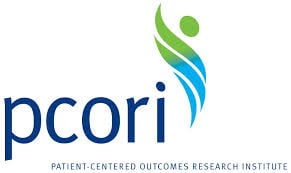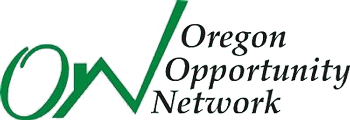The Most Important Question A CEO Should Ask Their HR Leader - Forbes
Dave Chase advocates for CEOs to question where health plan documents that their organization operates under come from – internally or from the health plan carriers themselves?

Dave Chase advocates for CEOs to question where health plan documents that their organization operates under come from – internally or from the health plan carriers themselves?
 Photo: engagingleader.com
Photo: engagingleader.com
Perhaps more than in any other industry, nonprofit organizations are strongly vested in keeping their employees happy, healthy, and productive. After all, nonprofits have some of the highest turnover rates in the US workforce, which can cost 20% (or more depending on the skillset being replaced) of total salary to replace.

It’s probably no surprise to hear that healthcare benefits matter to your employees. How much they matter is more likely the bigger question.Eighty-nine percent of surveyed employees*think that employer-sponsored healthcare is equally as important as getting a salary. What’s more, 63% of surveyed employees said that benefits play a factor in their choice to stay with their current job.

Photo: techcrunch.com
Human resources is becoming an exciting field of late, rapidly moving along with digital technology trends that are transforming the world of HR. As a result, so much about the way we traditionally have done business has been upended. Organizations need to think more broadly and creatively about how they manage people and meet the needs of a tech-savvy workforce that is evolving every day.

Photo: theodysseyonline.com
There’s a lot of discussion in the business world right now about the millennial generation. Who they are, what they care about, how to recruit them, how to get them to stay. And all with good reason. According to the Bureau of Labor Statistics, millennials will make up 75% of workforce by 2030. That’s only 14 years away, so thinking now about the growth of your organization and how millennials can help shape that future is crucial to long-term sustainability.

Nowadays, employers are shifting more healthcare costs to employees to help balance financial responsibilities. However while cost-shifting has slowed healthcare spending, the rising costs of deductibles and copays has grown at a pace faster than the average income – resulting in a difficult situation for consumers who are expected to bear more and more of these out-of-pocket costs. Because of this, recent studies report that consumers are delaying or out-right avoiding attending to their medical needs. In fact, even when services are covered (i.e. preventative care) consumers may still eschew them altogether. In the end, higher out-of-pocket costs may lead to “people [making] decisions about care that isn’t in their best interests.”

In 2016 employers who provide minimum essential coverage to employees will be required to begin mandatory reporting of employee health coverage. In addition applicable large employers (ALEs) will be required to report compliance with the employer shared responsibility provisions (e.g. “pay or play”). To help organizations prepare for new reporting mandates, the IRS is disseminating information around reporting guidelines and penalties.

If your organization sponsors a self-insured plan, you may be on the hook to contribute to the Patient-Centered Outcomes Research Institute (PCORI) Research Trust Fund by July 31, 2015. This fee applies to applicable self-insured plans, including health reimbursement arrangements (HRAs) and flexible spending arrangements (FSAs) that don’t qualify as excepted benefits. In addition, employers who provide COBRA coverage and major medical coverage that falls under multiple policies or plans may also be obligated to contribute to PCORI.

Beginning in 2018, organizations that provide high-cost employer-sponsored healthcare to employees will be required to pay a non-deductible excise tax, dubbed the “Cadillac tax.” Organizations that afford more than $10,200 per individual and $27,500 per family for employee healthcare will be taxed 40% of the overage amount (pre-tax employer contributions to HRAs, HSAa, FSAs, and MSAs are included). By 2018, the American Health Policy Institute predicts that 38% of large employers (with more than 1000 employees) will have to pay the tax, and 17% of all businesses in the US will be responsible for payment.

Portland, Ore. – JULY 2014 – NonstopHR, a nontraditional human resources and benefits broker, and Oregon Opportunity Network (OON) have established a new strategic partnership. OON is a membership-based, statewide association of affordable housing and community development organizations.